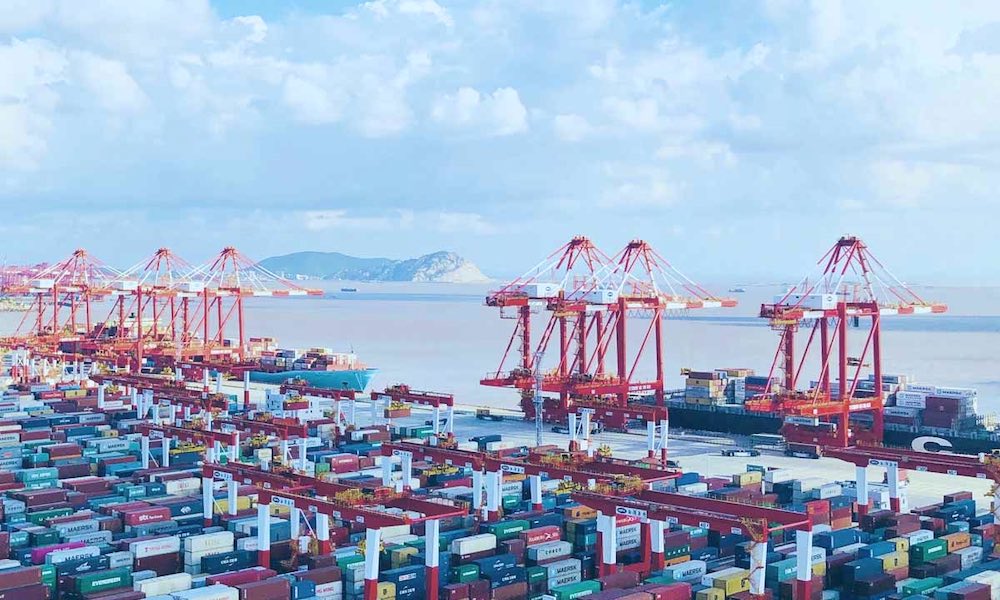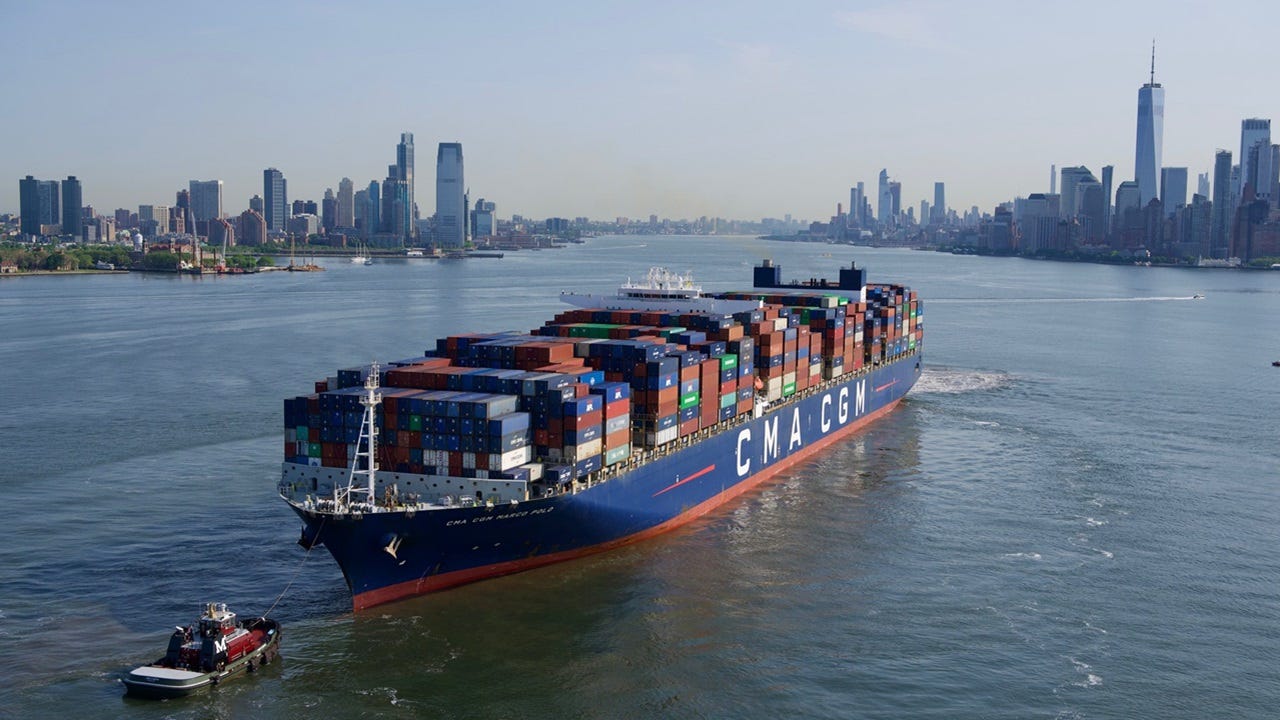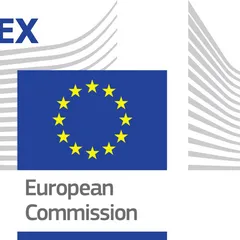BEIRUT BLAST SHIPOWNER ARRESTED IN BULGARIA FIVE YEARS AFTER PORT TRAGEDY
Bulgarian authorities have arrested Igor Grechushkin, the Russian owner of the cargo ship tied to the 2,750 tonnes of ammonium nitrate that caused the catastrophic Beirut port explosion in August 2020

Bulgarian authorities have arrested Igor Grechushkin, the Russian owner of the cargo ship tied to the 2,750 tonnes of ammonium nitrate that caused the catastrophic Beirut port explosion in August 2020, Lebanese judicial officials confirmed yesterday.
Grechushkin, who also holds Cypriot citizenship, was detained at Sofia’s Vasil Levski airport last week after arriving on a flight from Cyprus. His arrest comes nearly five years after a Lebanese investigative judge issued Interpol red notices for him and the vessel’s captain, Boris Prokoshev.
Officials in Beirut are now preparing paperwork for Grechushkin’s extradition to Lebanon. Should Sofia decline, investigators are prepared to travel to Bulgaria to question him directly.
The August 4 2020 blast levelled swathes of the Lebanese capital, killing at least 218 people, injuring more than 6,000, and inflicting billions of dollars in damage. It remains one of the largest non-nuclear explosions in history.
The source of the disaster was the Moldovan-flagged Rhosus, abandoned in Beirut in 2013 with its cargo of ammonium nitrate after suffering engine trouble en route from Georgia to Mozambique. The vessel, under Grechushkin’s ownership, was detained by Lebanese authorities for unpaid port fees and subsequently left to rot. Its explosive cargo was transferred to a warehouse at the port, where it sat for years under haphazard storage conditions before igniting in 2020.
No senior Lebanese political figure has yet been convicted over the blast, despite multiple indictments and years of public anger. Early efforts by lead investigator Fadi Sawan, who charged then prime minister Hassan Diab and three ministers with negligence, collapsed under political pressure. His successor, judge Tarek Bitar, resumed proceedings last year, summoning senior officials as part of a renewed push to bring accountability.
Lebanon’s newly elected reformist leadership – president Joseph Aoun and prime minister Nawaf Salam – has pledged to complete the probe.
Sam Chambers









